MARTIN DAVIS MATHEMATICAL ARCHIVE: AN EXTENSIVE COLLECTION OF HIS PAPERS, PERIODICALS, AWARDS.Collection of Davis' mathematical manuscripts, his Townsend Harris Medal, certificates for his Chauvenet Prize and Herbrand Award, publications.
Martin Davis, 1928-2023, received his bachelor's degree in mathematics at New York City College, where he had studied under Emil Leon Post - an influential figure in Davis' development and who had introduced him to Hilbert's 10th problem (see lot 49). Davis earned his Ph.D. from Princeton University in 1950, with his doctoral dissertation, On the Theory of Recursive Unsolvability, supervised by Alonzo Church.
During a research instructorship at the University of Illinois at Urbana-Champaign in the early 1950s, Davis became one of the earliest programmers of the ORDVAC, a successor to the ENIAC that was based on von Neumann architecture. His work with computers affected the way he thought about computability and he would soon after publish Computability and Unsolvability, a classic in the field.
Davis then spent two years at the Robert Oppenheimer-directed Institute of Advance Study in Princeton supported by an Office of Naval Research grant. He worked at Bell Labs under Claude Shannon, a year each teaching at UC Davis and Ohio State University, then on to Rensselaer Polytechnic Institute. He eventually made his way to New York University Courant Institute of Mathematical Sciences where he helped to set up and join the computer science department. He remained there until he retired in 1996.
Some of his many contributions include his work on Hilbert's 10th problem with Julia Robinson, Hilary Putnam and for which Yuri Matijasevich finally produced the proof and the DPLL algorithm for solving Boolean satisfiability alongside Hilary Putnam and their students George Logemann and Donald Loveland. He published his final book, The Universal Computer: The Road from Leibniz to Turing in 2000, and continued to remain active in the mathematical community around UC Berkeley until shortly before his passing.
Davis won a number of awards over the years including the Lester R. Ford Award, the Leroy P. Steele Prize and the Chauvenet Prize (included in this lot) all for his contributions to solving Hilbert's 10th problem. He also received the Townsend Harris Medal for notable achievement and the Herbrand Award for "distinguished contributions to automated reasoning." Both are included in the lot. The lot also includes a number of his early manuscripts, publications as well as some later material and it provides a detailed view of his work.
Lot includes:
Manuscripts:
1. Typed Manuscript with Autograph Additions, 29pp, [New York, late 1940s], entitled "Normed Abelian Rings," in portfolio folder.
Apparently an assignment completed by Davis while at City College under Professor Henry Malin.
2. Mimeographed manuscript with autograph corrections, 29pp, [New York, late 1940s], entitled on the front wrapper "Math 34 Notes / Corrections and Additions to Townsend 'Functions of Real Variables,'" and signed by Davis, with an additional 37 mimeographed pages, although without notes.
Apparently the notes for Davis' class at City College.
3. Typed Carbon Manuscript with Autograph notes, 34pp, [New York, late 1940s], entitled "Extension of Certain Theorems on Linear Point Sets and Functions of One Independent Variable to Two-Dimensional Point Sets and Functions of Two Independent Variables," in portfolio folder with front wrapper also titled.
Davis's City College assignment for Professor Emil Leon Post.
4. Autograph Manuscript Signed ("Martin Davis"), approximately 64pp, [New York, late 1940s], entitled "Extension of Certain Theorems on Linear Point Sets and Functions of One Independent Variable to Two-Dimensional Point Sets and Functions of Two Independent Variables," in portfolio folder, with autograph notes throughout likely in Emil Leon Post's hand.
An assignment completed by Davis while at City College under Professor Emil Leon Post, whose instruction would have a significant impact on Davis's pursuit of mathematical logic.
5. Original manuscript for an apparently unpublished book entitled The Theory and Application of the Limit Concept.
Includes:
a) Typed Manuscript with Autograph notes, 7pp, [no place, 1950s], entitled "The Theory and Application of the Limit Concept," and including the contents of and remarks on chapters I-XI.
b) Autograph Manuscript, 39pp, [no place, 1950s], "Chapter I – Some Introductory Matters," being the mostly complete manuscript for the first chapter, although missing a few leaves, but with an alternative section 4.
c) Autograph Manuscript Signed ("Martin Davis"), approximately 110pp, [no place, 1950s], entitled "The Theory and Application of the Limit Concept / Chapters II and III," contained in a notebook, upper cover repeats title and chapter numbers.
d) Autograph Manuscript Signed ("Martin Davis"), approximately 59pp, [no place, 1950s], entitled "Theory and Application of the Limit Concept," contained in a notebook, labeled as Chapter III on front wrapper, although also contains the synopsis of several other chapters.
The Chapter III found here differs slightly from previous example.
e) Autograph Manuscript Signed ("Martin Davis"), approximately 36pp, [no place, 1950s], entitled "The Theory and Application of the Limit Concept / Chapters [sic] VII," contained in a notebook, upper cover repeats title and chapter number.
f) Autograph Manuscript Signed ("Martin Davis"), approximately 78 pp, [no place, 1950s, entitled "The Theory and Application of the Limit Concept / Chapter VII / The Riemann Integral," on lined paper stapled together and with some loose leaves, detached front cover of folder with title and list of contents.
g) Autograph Manuscript Signed ("Martin Davis"), approximately 34pp, [no place, 1950s, entitled "The Theory and Application of the Limit Concept / Chapter VIII / Uniform Convergence – Implicit Functions," on lined paper stapled together, detached front cover of folder with title and list of contents.
h) Autograph Manuscript Signed ("Martin Davis"), approximately 87pp, [no place, 1950s], entitled "Theory and Application of the Limit Concept, Chapter IX and VI," contained in a notebook, titled on front wrapper.
i) Autograph Manuscript Signed ("Martin Davis"), approximately 66pp, [no place, 1950s], entitled "Theory and Application of the Limit Concept," contained in a notebook, title on front wrapper and labeled as chapter XI.
6. Autograph Manuscript, 26pp, [Berkeley, 1990s], being bibliographical notes likely in preparation for his book The Universal Computer: The Road from Leibniz to Turing. (2000).
Autograph Manuscript, 10pp, no date, titled "Karl Marx's Capital: Critics and Disciples."
7. Autograph Manuscript, 25pp, [1952], entitled "Some Preliminary Remarks on Recursively Enumerable Sets," being commentary on Rice's theorem. WITH: letter from S.C. Kleene, editor of Journal of Symbolic Logic, regarding the manuscript. AND WITH: Davis' Autograph Letter Signed, 10pp, February 3, 1952, being a draft letter to Kleene regarding the same matter.
Awards:
1. Townsend Harris Medal for 2001:
a) Bronze medal, 76 mm diameter, New York, October 3, 2001, in custom Lucite stand, being the Townsend Harris award medal, inscribed on the verso: "FOR NOTABLE ACHIEVEMENT / Martin D. Davis '48 / October 3, 2001."
b) Document Signed, October 3, 2001, being the Townsend Harris Medal award certificate, framed.
c) Letter informing Martin Davis that he will be receiving the award and a program for the award event.
2. Chauvenet Prize:
Document Signed, January 26, 1975, being the Chauvenet Prize certificate awarded to Martin Davis by the Mathematical Association of America in recognition of the publication of a noteworthy expository paper, framed. Awarded for Davis's work on Hilbert's 10th Problem.
3. Herbrand Award:
Calligraphic Document Signed, July 26, 2005, being the Herbrand Award certificate presented to Martin Davis for "Distinguished Contributions to Automated Reasoning," Framed. Award for Davis's role as a founding father of the field of automated reasoning.
Publications:
DAVIS, MARTIN. "Recursive Function Theory," offprint from: Edwards, Paul, editor. The Encyclopedia of Philosophy. New York: Macmillan and Free Press, 1967.
DAVIS, MARTIN. "Computable Functionals of Arbitrary Finite Type," Extract from: Constructivity in Mathematics, 4pp, no date.
*Another copy.
DAVIS, MARTIN. "The Man Who Defined Truth," In: American Scientist, March-April 2005, pp. 175-177.
*Extract from above.
DAVIS, MARTIN, and others. "Theorem-Proving by Matching," 15pp, 1963, retained copy.
DAVIS, MARTIN & N.Z. SHAPIRO. Uncrackable Data Banks. Santa Monica: Rand, November, 1973. Original wrappers.
DAVIS, MARTIN. "On the Existence of Certain Orderings in the Plane," Internal Report I-28, November 9, 1951. 3pp. Mimeographed report, marked "Unclassified," #2 of 20 copies.
DAVIS, MARTIN. "Some Communication Theoretic Remarks on the Radar Problem," R-3, July 9, 1951, 5pp. Mimeographed report, marked "Unclassified."
DAVIS, MARTIN. Review of: Monk, J. Donald. Mathematical Logic., Extract from: Bulletin of the American Mathematical Society, Volume 83, No 5, September 1977. 5pp.
DAVIS, MARTIN. "Mathematical Logic and the Origin of Modern Computers," Offprint from: The Universal Turing Machine: A Half-Century Survey, edited by Rolf Herken. Berlin: Kammerer & Unverzagt, 1988. Original wrappers.
DAVIS, MARTIN. "Why Godel Didn't Have Church's Thesis," Offprint from: Information and Control, Vol. 54, No 1/2, July/August 1982, Self wrappers.
DAVIS, MARTIN & ELAINE J. WEYUKER. "A Formal Notion of Program-Based Test Data Adequacy," Offprint from: Information and Control, Vol. 56, No 1-2, January/February 1983, Self wrappers.
DAVIS, MARTIN. Applied Nonstandard Analysis. New York: John Wiley & Sons, 1977. Dust jacket. Mimeograph errata and 2pp manuscript errata laid in.
DAVIS, MARTIN. Computability & Unsolvability. New York: McGraw-Hill, 1958.
DAVIS, MARTIN. Mathematical Logic. New York: NYU, Fall 1959. Original wrappers. Davis's printed lecture notes for his NYU course, based on student notes by Allen Weingarten.
DAVIS, MARTIN. Computability. New York: NYU, [1974]. Original wrappers. Davis's printed lecture notes for his NYU course, based on student notes by Barry Jacobs.
DAVIS, MARTIN. "Paradoxes in Paradise." Review of Marcus Giaquinto's The Search for Certainty: A Philosophical Account of Foundations of Mathematics; extract from: American Scientist, May-June 2003.
School Science and Mathematics. Volume XLIV, Number 7, October 1944. Original wrappers. Contains a mathematical solution supplied by Davis while a high school student.
DAVIS, MARTIN & HILARY PUTNAM. Feasible Computational Methods in the Propositional Calculus. Troy, NY: Rensselaer Polytechnic Institute, October 1958. Original comb-bound wrappers.
DAVIS, MARTIN, S. ROSENSCHEIN & N. SHAPIRO. Prospects and Problems for a General Modeling Methodology. Santa Monica: RAND, June 1982. Original wrappers.
A complete list is available upon request.
MARTIN DAVIS MATHEMATICAL ARCHIVE: AN EXTENSIVE COLLECTION OF HIS PAPERS, PERIODICALS, AWARDS.Collection of Davis' mathematical manuscripts, his Townsend Harris Medal, certificates for his Chauvenet Prize and Herbrand Award, publications.
Martin Davis, 1928-2023, received his bachelor's degree in mathematics at New York City College, where he had studied under Emil Leon Post - an influential figure in Davis' development and who had introduced him to Hilbert's 10th problem (see lot 49). Davis earned his Ph.D. from Princeton University in 1950, with his doctoral dissertation, On the Theory of Recursive Unsolvability, supervised by Alonzo Church.
During a research instructorship at the University of Illinois at Urbana-Champaign in the early 1950s, Davis became one of the earliest programmers of the ORDVAC, a successor to the ENIAC that was based on von Neumann architecture. His work with computers affected the way he thought about computability and he would soon after publish Computability and Unsolvability, a classic in the field.
Davis then spent two years at the Robert Oppenheimer-directed Institute of Advance Study in Princeton supported by an Office of Naval Research grant. He worked at Bell Labs under Claude Shannon, a year each teaching at UC Davis and Ohio State University, then on to Rensselaer Polytechnic Institute. He eventually made his way to New York University Courant Institute of Mathematical Sciences where he helped to set up and join the computer science department. He remained there until he retired in 1996.
Some of his many contributions include his work on Hilbert's 10th problem with Julia Robinson, Hilary Putnam and for which Yuri Matijasevich finally produced the proof and the DPLL algorithm for solving Boolean satisfiability alongside Hilary Putnam and their students George Logemann and Donald Loveland. He published his final book, The Universal Computer: The Road from Leibniz to Turing in 2000, and continued to remain active in the mathematical community around UC Berkeley until shortly before his passing.
Davis won a number of awards over the years including the Lester R. Ford Award, the Leroy P. Steele Prize and the Chauvenet Prize (included in this lot) all for his contributions to solving Hilbert's 10th problem. He also received the Townsend Harris Medal for notable achievement and the Herbrand Award for "distinguished contributions to automated reasoning." Both are included in the lot. The lot also includes a number of his early manuscripts, publications as well as some later material and it provides a detailed view of his work.
Lot includes:
Manuscripts:
1. Typed Manuscript with Autograph Additions, 29pp, [New York, late 1940s], entitled "Normed Abelian Rings," in portfolio folder.
Apparently an assignment completed by Davis while at City College under Professor Henry Malin.
2. Mimeographed manuscript with autograph corrections, 29pp, [New York, late 1940s], entitled on the front wrapper "Math 34 Notes / Corrections and Additions to Townsend 'Functions of Real Variables,'" and signed by Davis, with an additional 37 mimeographed pages, although without notes.
Apparently the notes for Davis' class at City College.
3. Typed Carbon Manuscript with Autograph notes, 34pp, [New York, late 1940s], entitled "Extension of Certain Theorems on Linear Point Sets and Functions of One Independent Variable to Two-Dimensional Point Sets and Functions of Two Independent Variables," in portfolio folder with front wrapper also titled.
Davis's City College assignment for Professor Emil Leon Post.
4. Autograph Manuscript Signed ("Martin Davis"), approximately 64pp, [New York, late 1940s], entitled "Extension of Certain Theorems on Linear Point Sets and Functions of One Independent Variable to Two-Dimensional Point Sets and Functions of Two Independent Variables," in portfolio folder, with autograph notes throughout likely in Emil Leon Post's hand.
An assignment completed by Davis while at City College under Professor Emil Leon Post, whose instruction would have a significant impact on Davis's pursuit of mathematical logic.
5. Original manuscript for an apparently unpublished book entitled The Theory and Application of the Limit Concept.
Includes:
a) Typed Manuscript with Autograph notes, 7pp, [no place, 1950s], entitled "The Theory and Application of the Limit Concept," and including the contents of and remarks on chapters I-XI.
b) Autograph Manuscript, 39pp, [no place, 1950s], "Chapter I – Some Introductory Matters," being the mostly complete manuscript for the first chapter, although missing a few leaves, but with an alternative section 4.
c) Autograph Manuscript Signed ("Martin Davis"), approximately 110pp, [no place, 1950s], entitled "The Theory and Application of the Limit Concept / Chapters II and III," contained in a notebook, upper cover repeats title and chapter numbers.
d) Autograph Manuscript Signed ("Martin Davis"), approximately 59pp, [no place, 1950s], entitled "Theory and Application of the Limit Concept," contained in a notebook, labeled as Chapter III on front wrapper, although also contains the synopsis of several other chapters.
The Chapter III found here differs slightly from previous example.
e) Autograph Manuscript Signed ("Martin Davis"), approximately 36pp, [no place, 1950s], entitled "The Theory and Application of the Limit Concept / Chapters [sic] VII," contained in a notebook, upper cover repeats title and chapter number.
f) Autograph Manuscript Signed ("Martin Davis"), approximately 78 pp, [no place, 1950s, entitled "The Theory and Application of the Limit Concept / Chapter VII / The Riemann Integral," on lined paper stapled together and with some loose leaves, detached front cover of folder with title and list of contents.
g) Autograph Manuscript Signed ("Martin Davis"), approximately 34pp, [no place, 1950s, entitled "The Theory and Application of the Limit Concept / Chapter VIII / Uniform Convergence – Implicit Functions," on lined paper stapled together, detached front cover of folder with title and list of contents.
h) Autograph Manuscript Signed ("Martin Davis"), approximately 87pp, [no place, 1950s], entitled "Theory and Application of the Limit Concept, Chapter IX and VI," contained in a notebook, titled on front wrapper.
i) Autograph Manuscript Signed ("Martin Davis"), approximately 66pp, [no place, 1950s], entitled "Theory and Application of the Limit Concept," contained in a notebook, title on front wrapper and labeled as chapter XI.
6. Autograph Manuscript, 26pp, [Berkeley, 1990s], being bibliographical notes likely in preparation for his book The Universal Computer: The Road from Leibniz to Turing. (2000).
Autograph Manuscript, 10pp, no date, titled "Karl Marx's Capital: Critics and Disciples."
7. Autograph Manuscript, 25pp, [1952], entitled "Some Preliminary Remarks on Recursively Enumerable Sets," being commentary on Rice's theorem. WITH: letter from S.C. Kleene, editor of Journal of Symbolic Logic, regarding the manuscript. AND WITH: Davis' Autograph Letter Signed, 10pp, February 3, 1952, being a draft letter to Kleene regarding the same matter.
Awards:
1. Townsend Harris Medal for 2001:
a) Bronze medal, 76 mm diameter, New York, October 3, 2001, in custom Lucite stand, being the Townsend Harris award medal, inscribed on the verso: "FOR NOTABLE ACHIEVEMENT / Martin D. Davis '48 / October 3, 2001."
b) Document Signed, October 3, 2001, being the Townsend Harris Medal award certificate, framed.
c) Letter informing Martin Davis that he will be receiving the award and a program for the award event.
2. Chauvenet Prize:
Document Signed, January 26, 1975, being the Chauvenet Prize certificate awarded to Martin Davis by the Mathematical Association of America in recognition of the publication of a noteworthy expository paper, framed. Awarded for Davis's work on Hilbert's 10th Problem.
3. Herbrand Award:
Calligraphic Document Signed, July 26, 2005, being the Herbrand Award certificate presented to Martin Davis for "Distinguished Contributions to Automated Reasoning," Framed. Award for Davis's role as a founding father of the field of automated reasoning.
Publications:
DAVIS, MARTIN. "Recursive Function Theory," offprint from: Edwards, Paul, editor. The Encyclopedia of Philosophy. New York: Macmillan and Free Press, 1967.
DAVIS, MARTIN. "Computable Functionals of Arbitrary Finite Type," Extract from: Constructivity in Mathematics, 4pp, no date.
*Another copy.
DAVIS, MARTIN. "The Man Who Defined Truth," In: American Scientist, March-April 2005, pp. 175-177.
*Extract from above.
DAVIS, MARTIN, and others. "Theorem-Proving by Matching," 15pp, 1963, retained copy.
DAVIS, MARTIN & N.Z. SHAPIRO. Uncrackable Data Banks. Santa Monica: Rand, November, 1973. Original wrappers.
DAVIS, MARTIN. "On the Existence of Certain Orderings in the Plane," Internal Report I-28, November 9, 1951. 3pp. Mimeographed report, marked "Unclassified," #2 of 20 copies.
DAVIS, MARTIN. "Some Communication Theoretic Remarks on the Radar Problem," R-3, July 9, 1951, 5pp. Mimeographed report, marked "Unclassified."
DAVIS, MARTIN. Review of: Monk, J. Donald. Mathematical Logic., Extract from: Bulletin of the American Mathematical Society, Volume 83, No 5, September 1977. 5pp.
DAVIS, MARTIN. "Mathematical Logic and the Origin of Modern Computers," Offprint from: The Universal Turing Machine: A Half-Century Survey, edited by Rolf Herken. Berlin: Kammerer & Unverzagt, 1988. Original wrappers.
DAVIS, MARTIN. "Why Godel Didn't Have Church's Thesis," Offprint from: Information and Control, Vol. 54, No 1/2, July/August 1982, Self wrappers.
DAVIS, MARTIN & ELAINE J. WEYUKER. "A Formal Notion of Program-Based Test Data Adequacy," Offprint from: Information and Control, Vol. 56, No 1-2, January/February 1983, Self wrappers.
DAVIS, MARTIN. Applied Nonstandard Analysis. New York: John Wiley & Sons, 1977. Dust jacket. Mimeograph errata and 2pp manuscript errata laid in.
DAVIS, MARTIN. Computability & Unsolvability. New York: McGraw-Hill, 1958.
DAVIS, MARTIN. Mathematical Logic. New York: NYU, Fall 1959. Original wrappers. Davis's printed lecture notes for his NYU course, based on student notes by Allen Weingarten.
DAVIS, MARTIN. Computability. New York: NYU, [1974]. Original wrappers. Davis's printed lecture notes for his NYU course, based on student notes by Barry Jacobs.
DAVIS, MARTIN. "Paradoxes in Paradise." Review of Marcus Giaquinto's The Search for Certainty: A Philosophical Account of Foundations of Mathematics; extract from: American Scientist, May-June 2003.
School Science and Mathematics. Volume XLIV, Number 7, October 1944. Original wrappers. Contains a mathematical solution supplied by Davis while a high school student.
DAVIS, MARTIN & HILARY PUTNAM. Feasible Computational Methods in the Propositional Calculus. Troy, NY: Rensselaer Polytechnic Institute, October 1958. Original comb-bound wrappers.
DAVIS, MARTIN, S. ROSENSCHEIN & N. SHAPIRO. Prospects and Problems for a General Modeling Methodology. Santa Monica: RAND, June 1982. Original wrappers.
A complete list is available upon request.

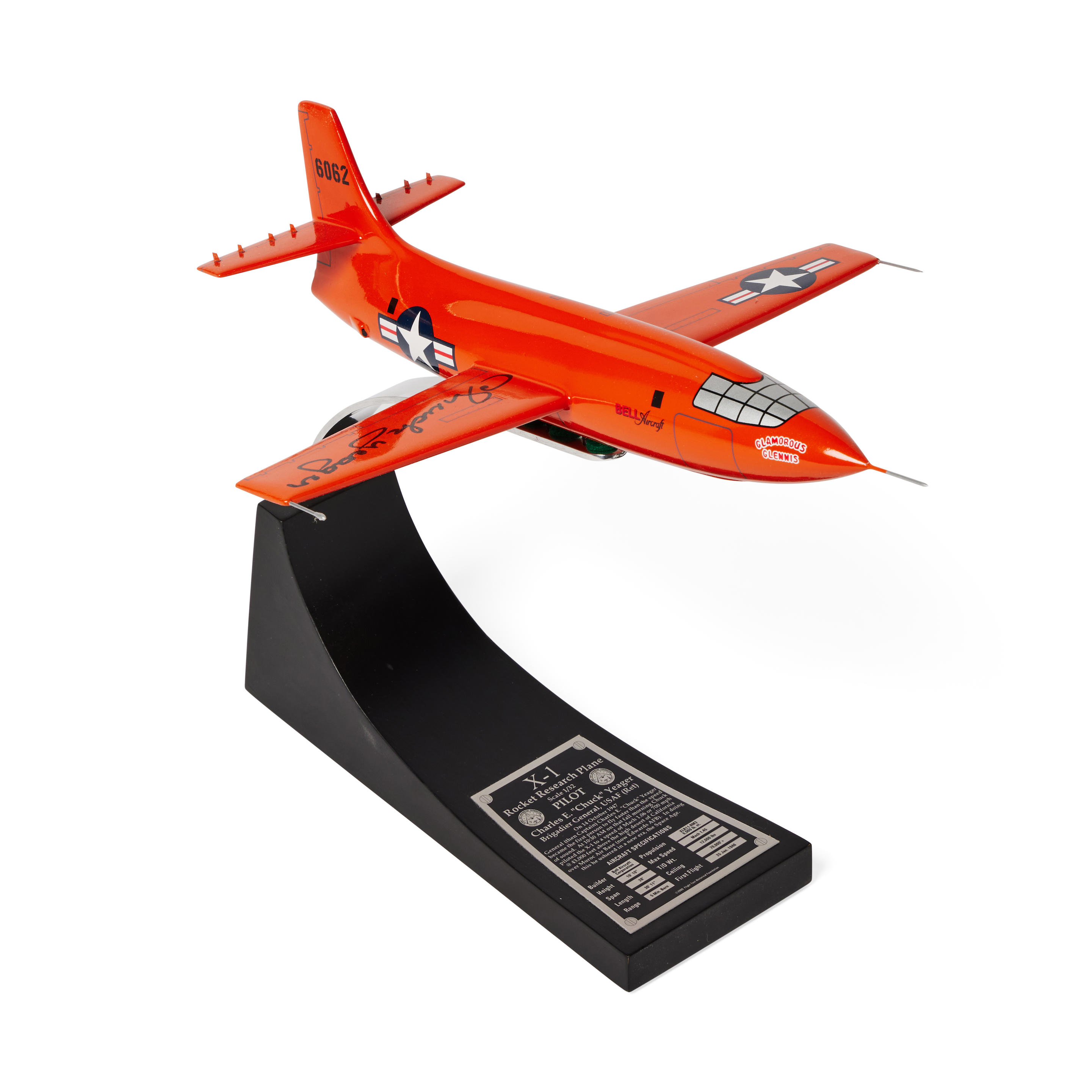
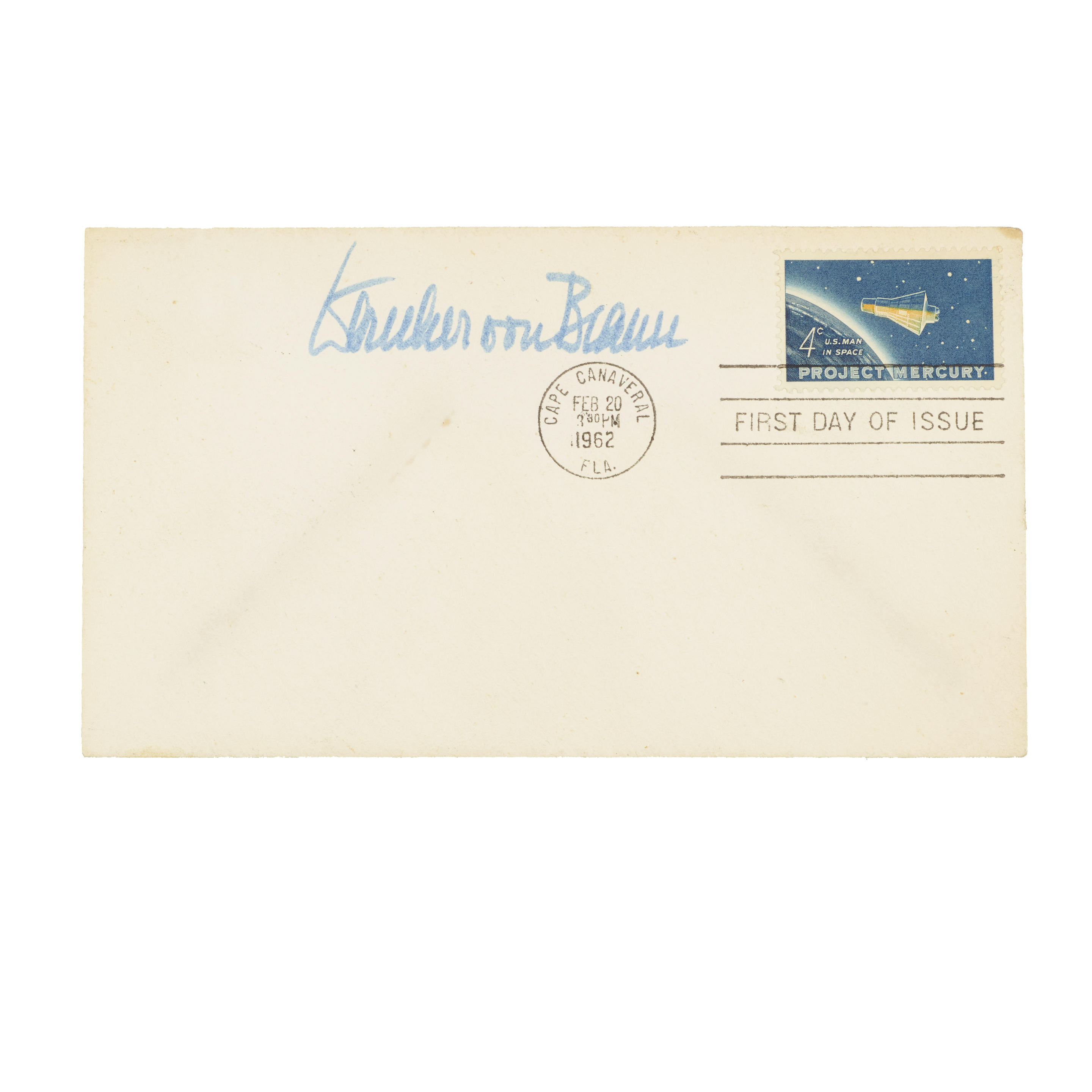
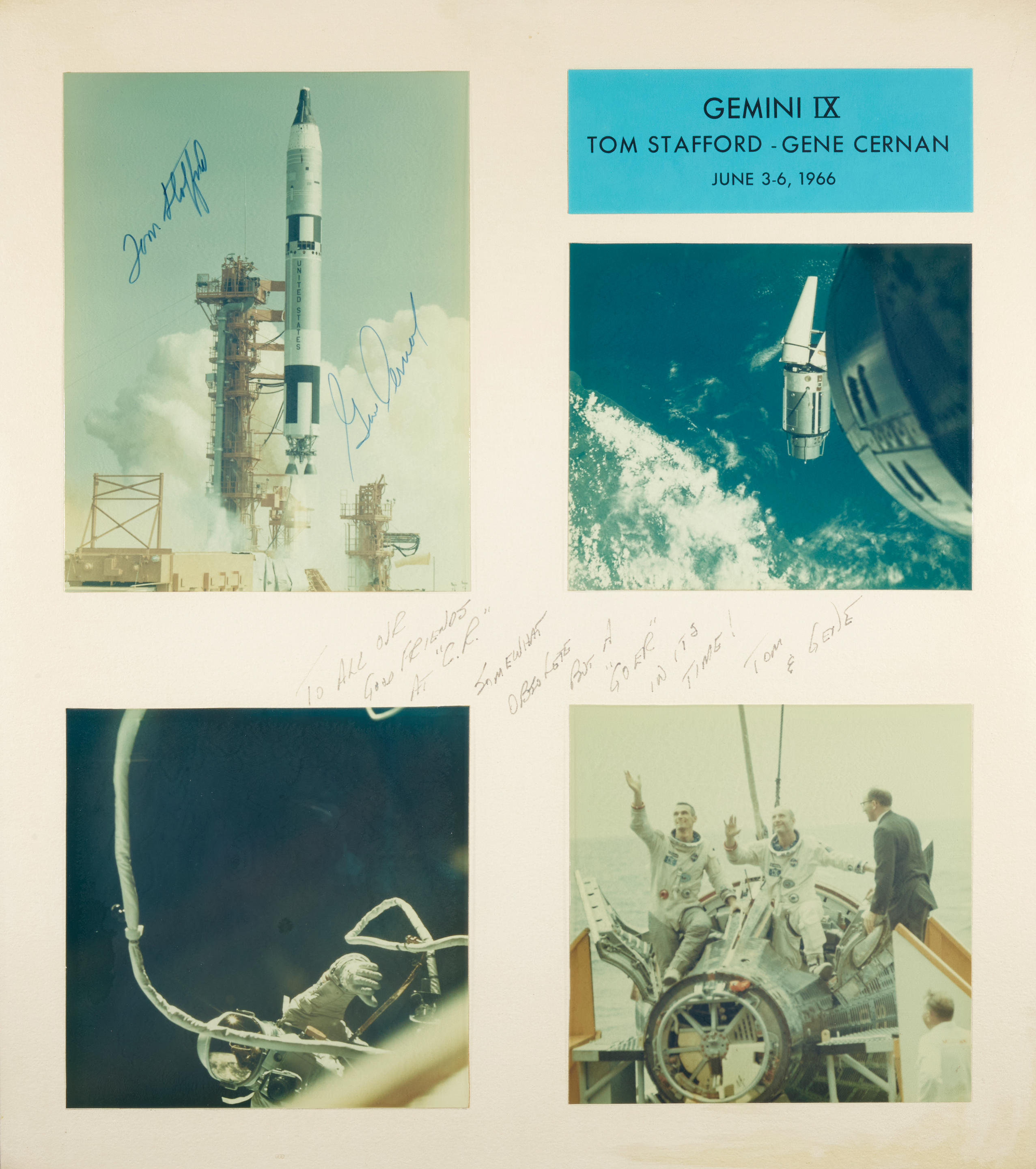
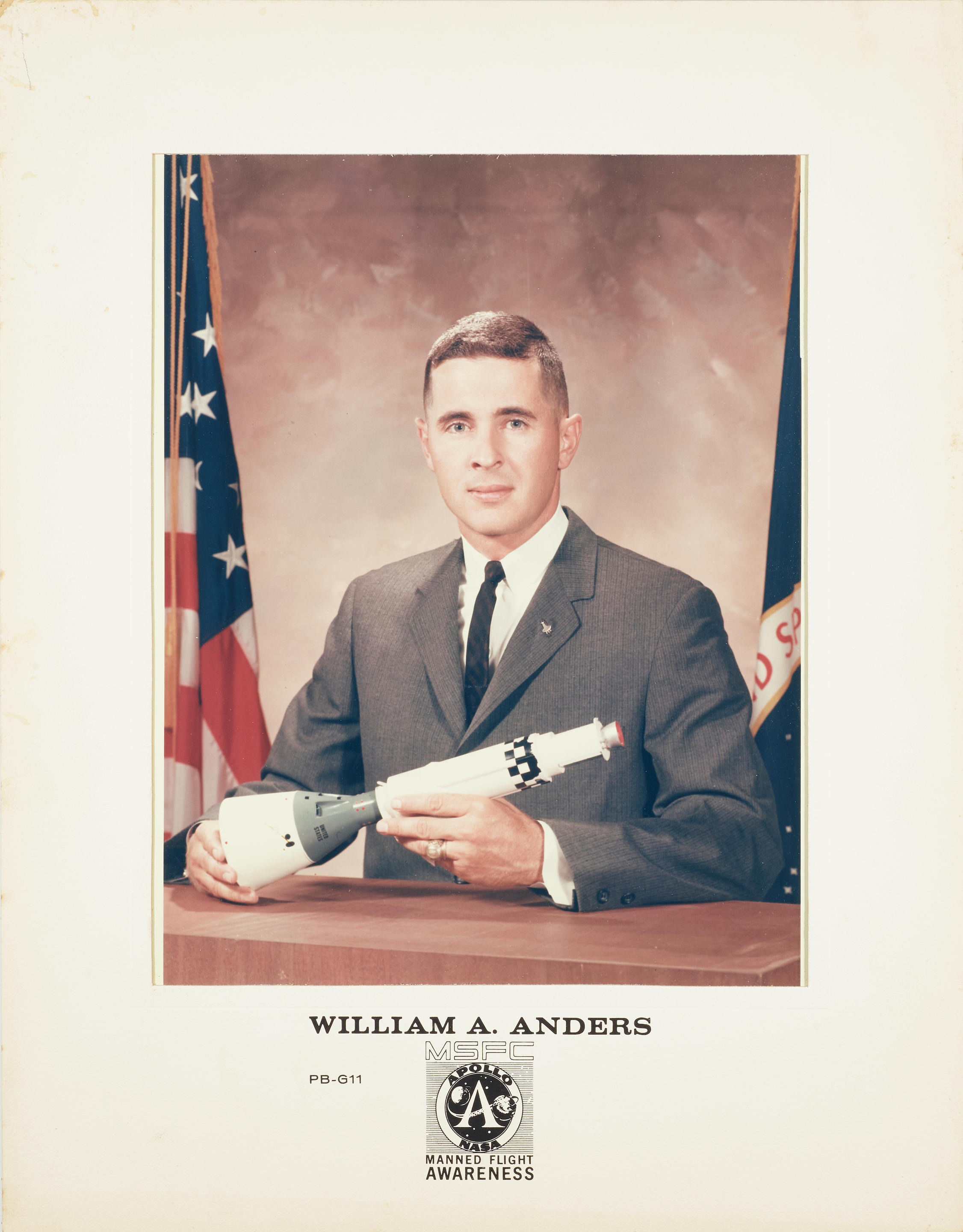
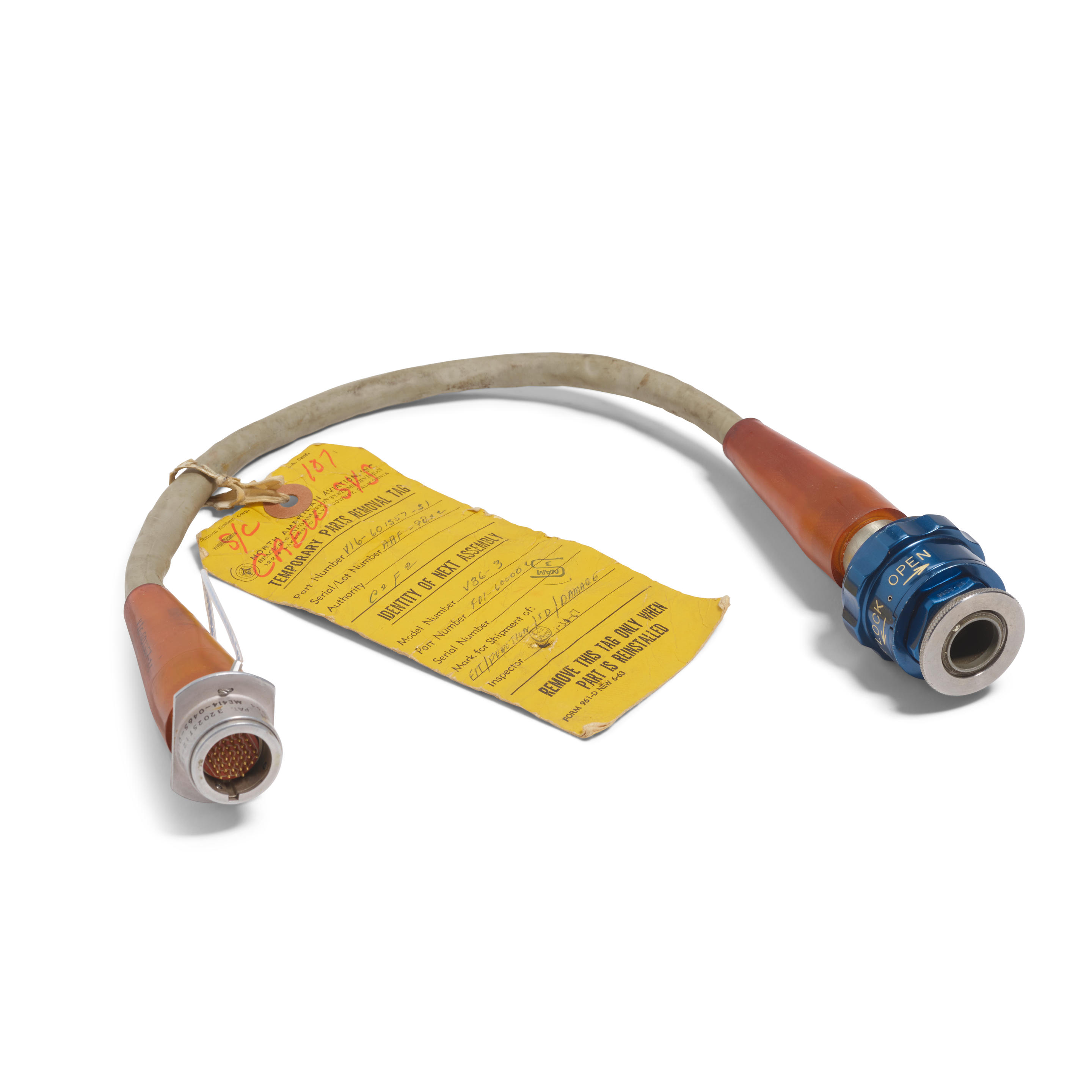
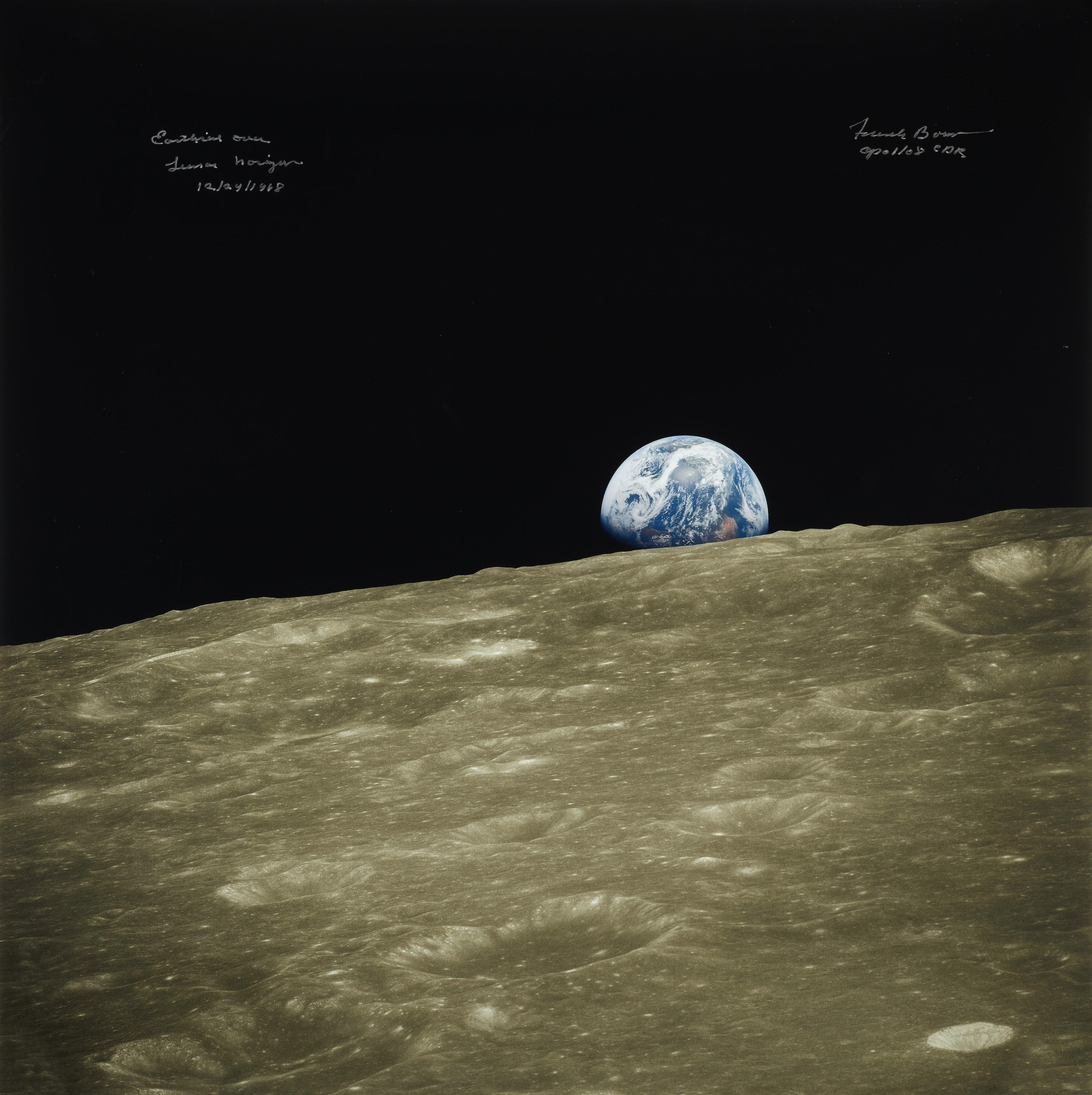
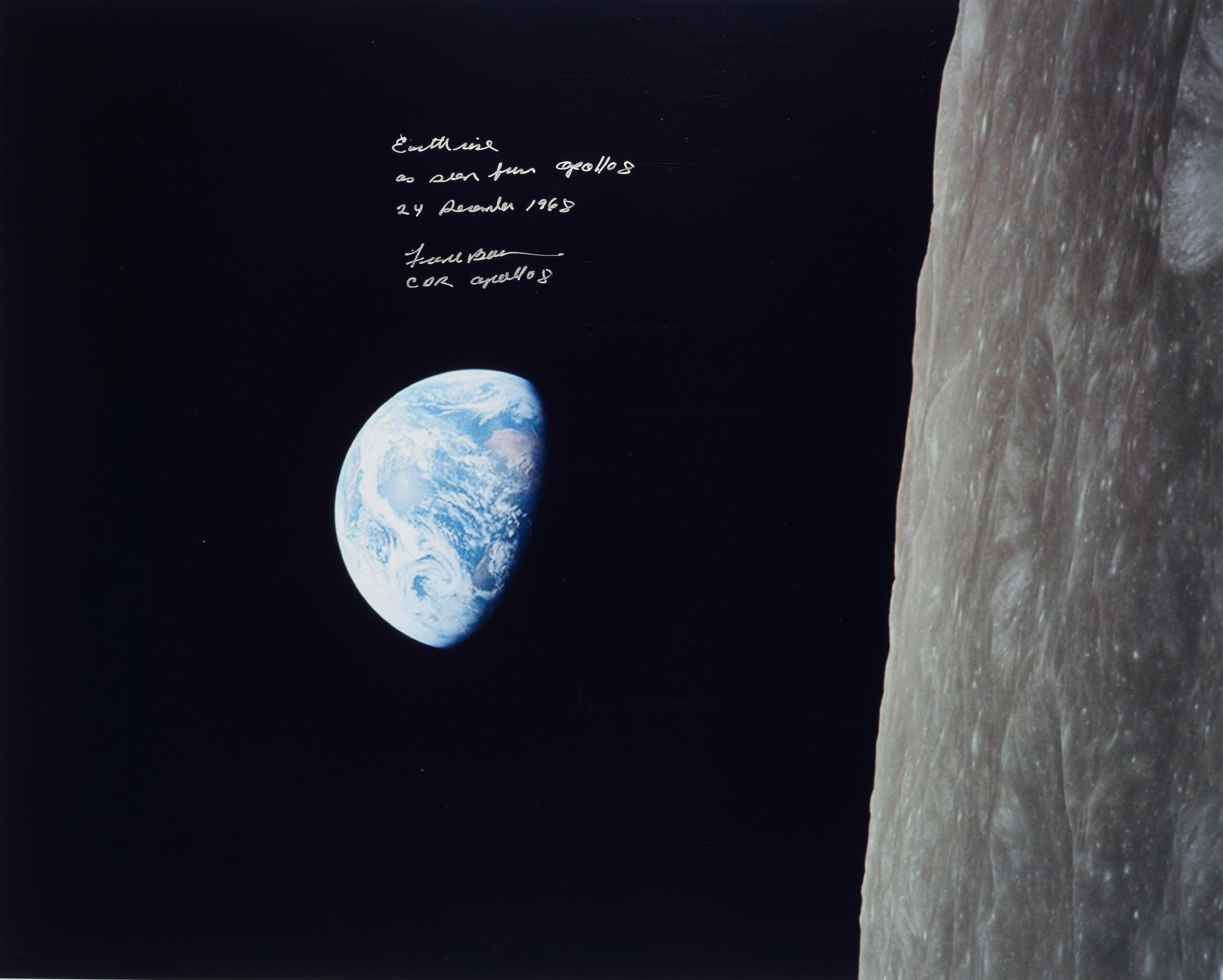
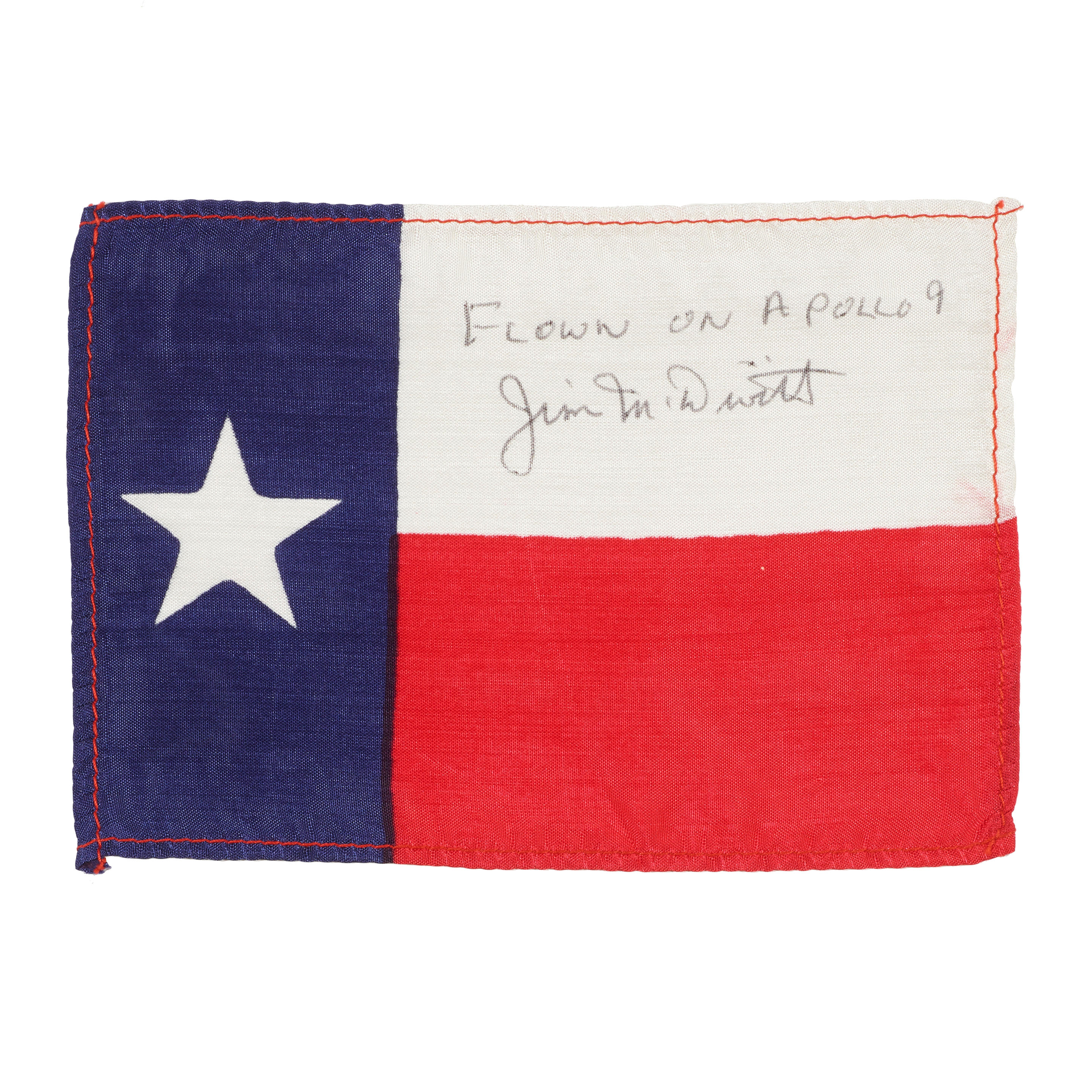
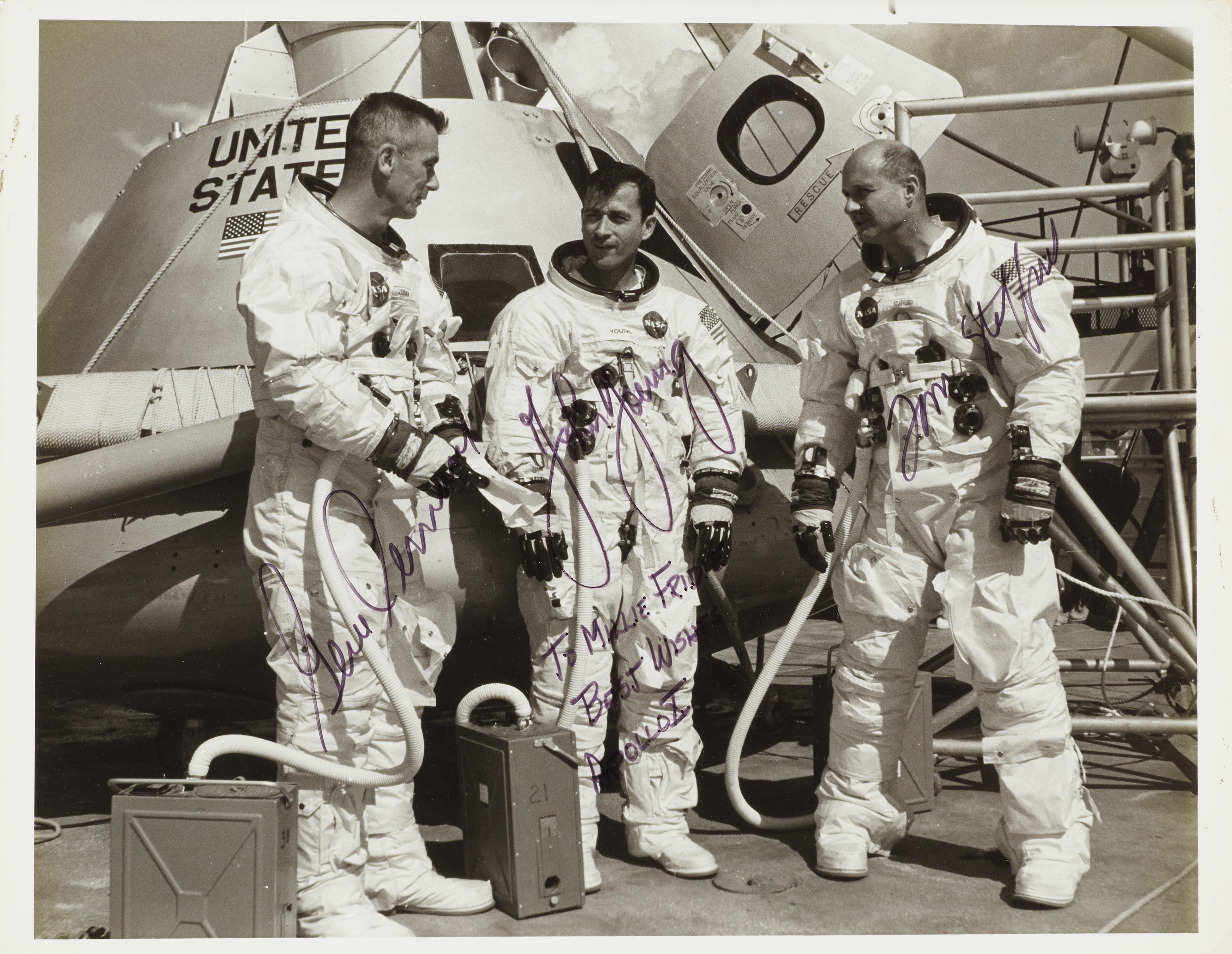
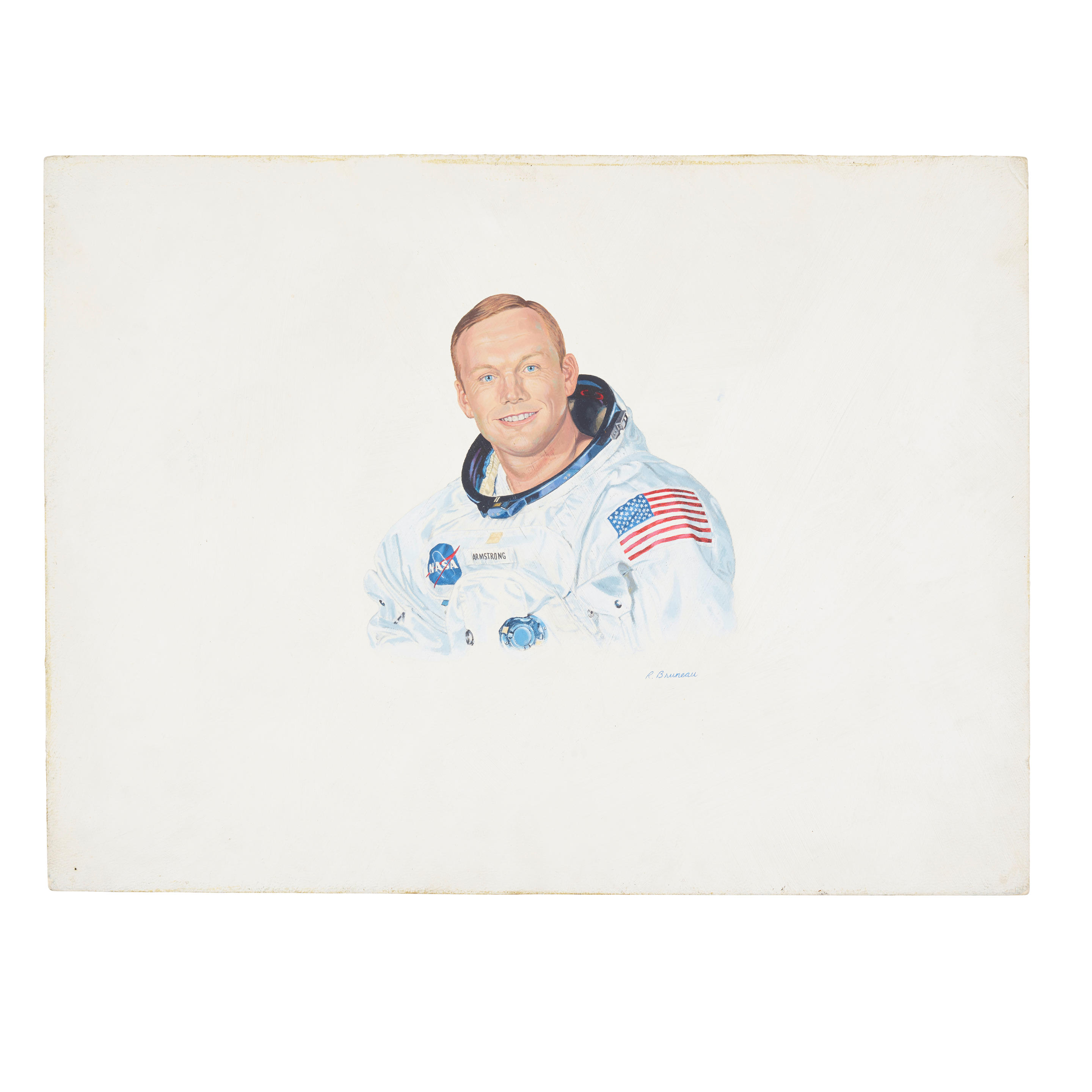
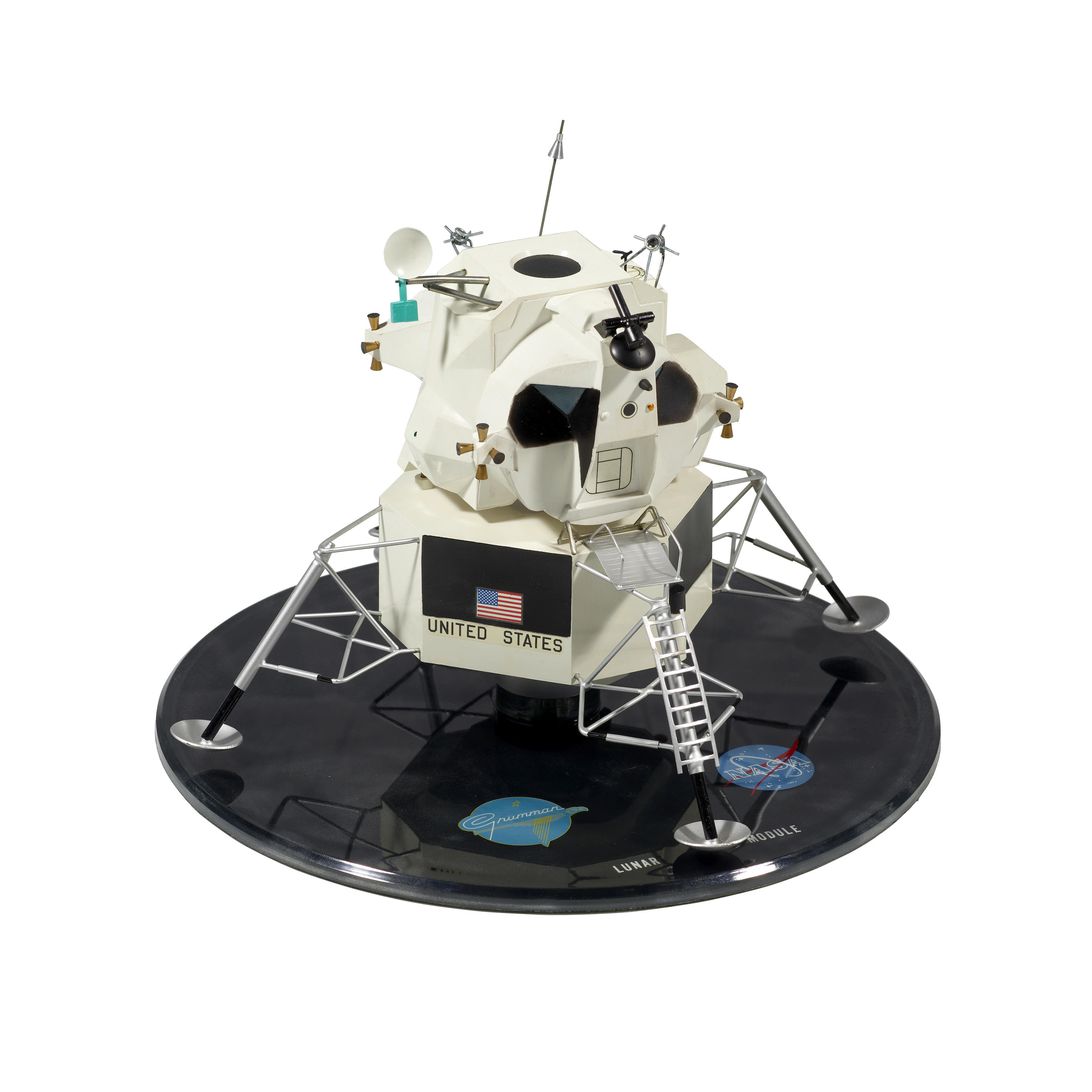
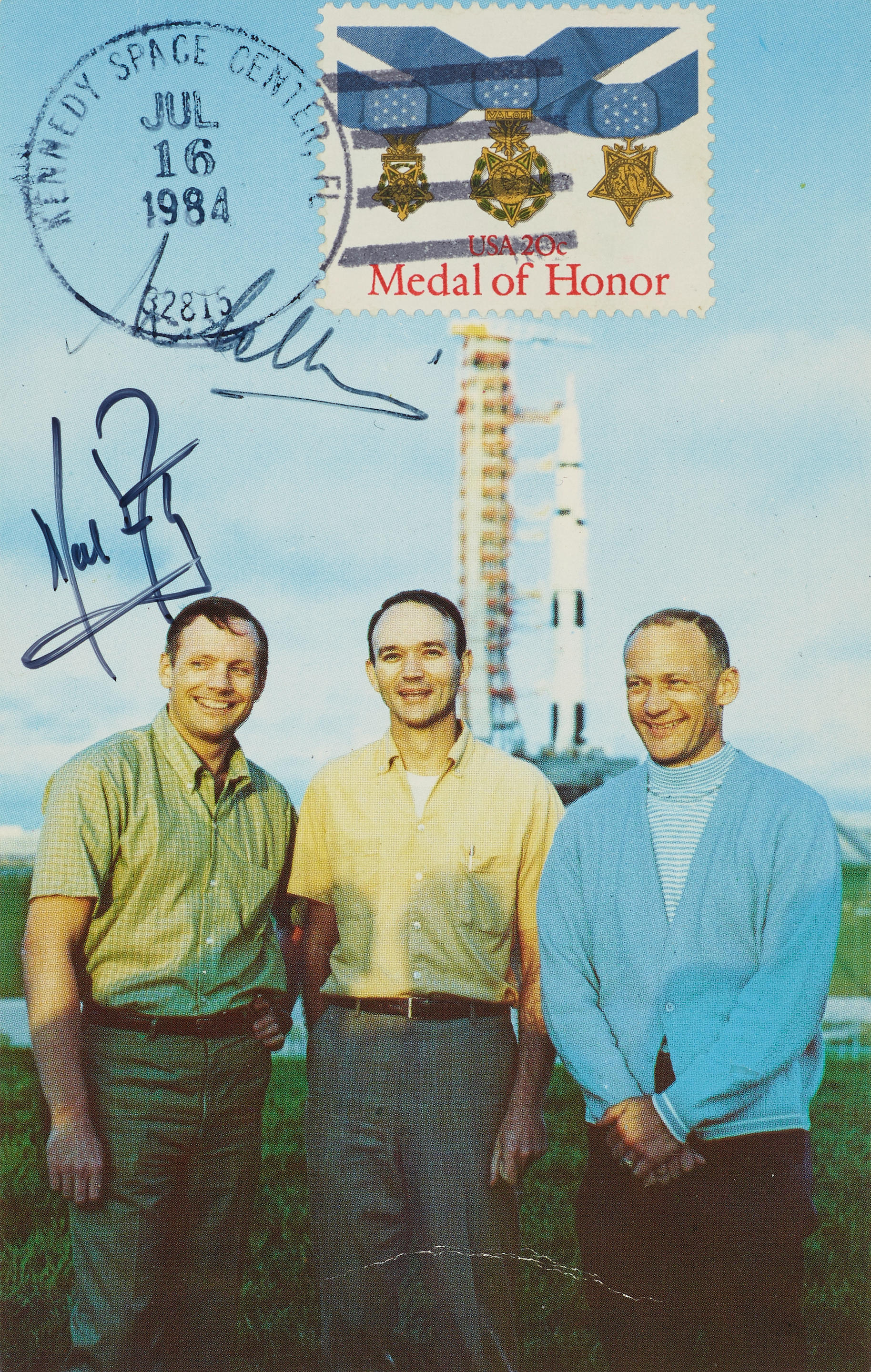
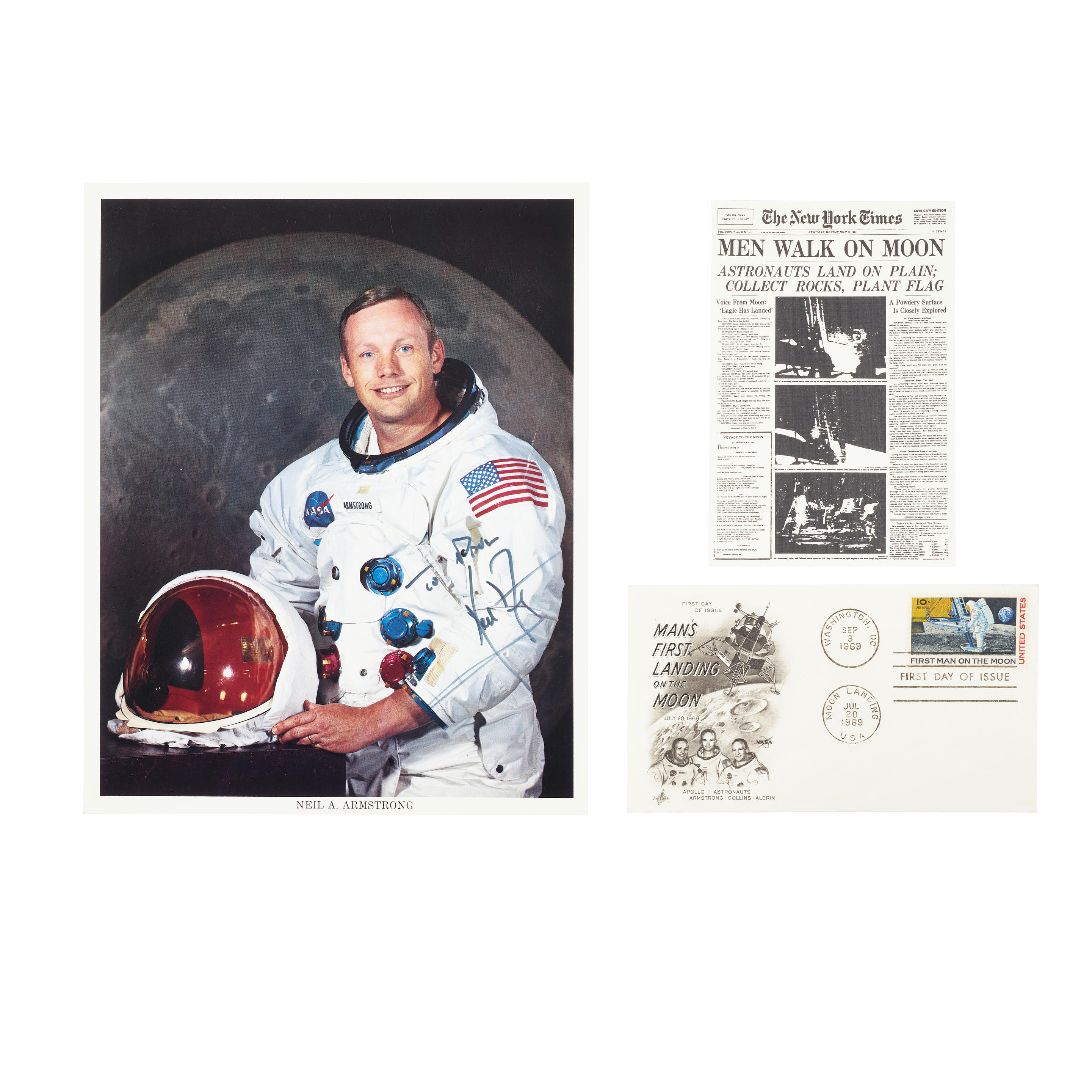
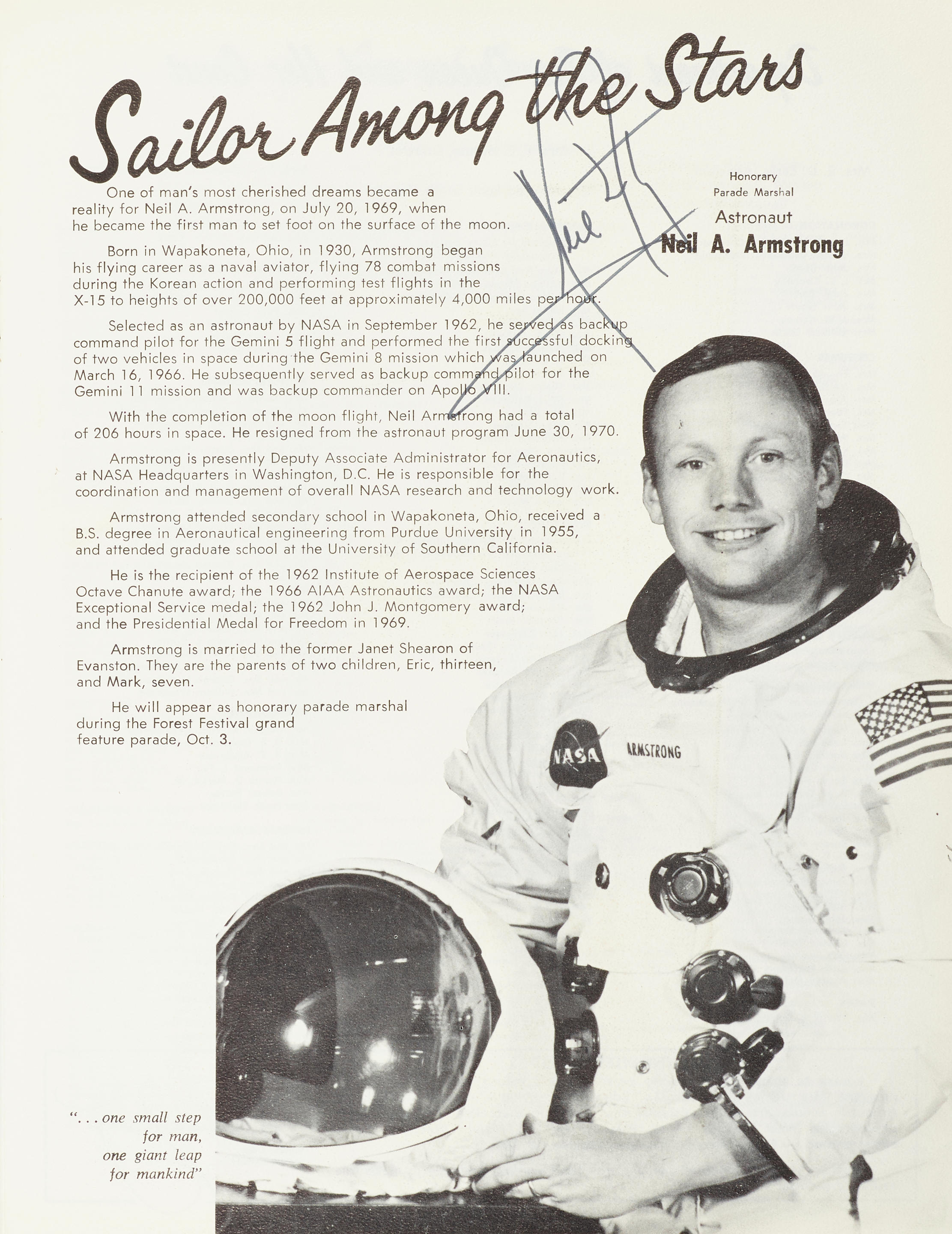
Try LotSearch and its premium features for 7 days - without any costs!
Be notified automatically about new items in upcoming auctions.
Create an alert